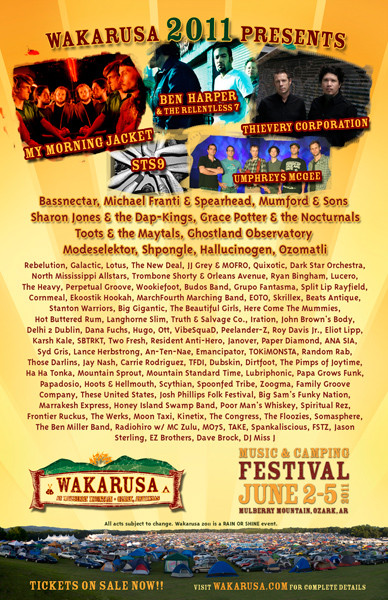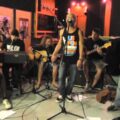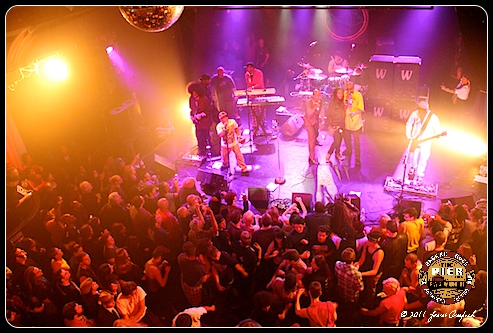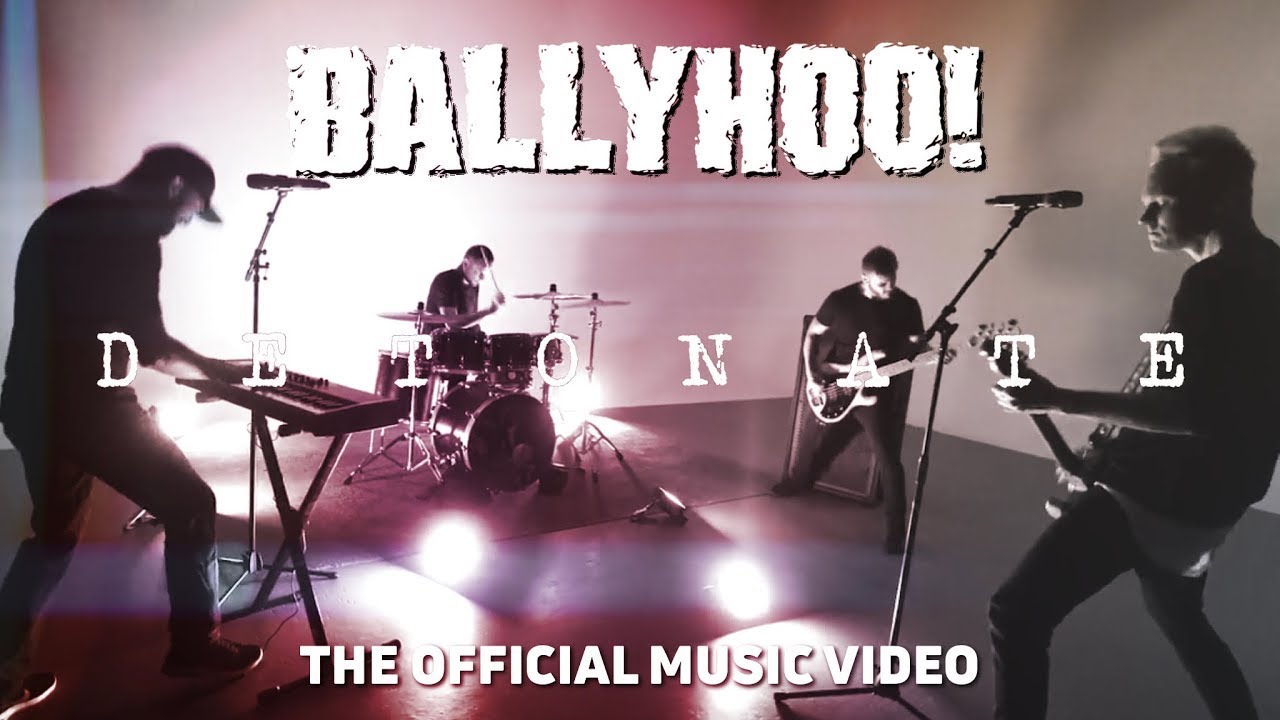
New York producer Max Tannone creates clean and clever hip-hop flavored remixes by reincarnating sonic elements from the music of those who inspire him, such as Jay-Z and The Beastie Boys. Recently releasing two mashup projects, Mos Dub and Dub Kweli, which infuse the heavy riddims and islandy echo and reverb effects of dub music with the vocals of Mos Def and Talib Kweli, Tannone clearly has an affinity for the stripped down beats of the reggae subgenre. The Pier caught with the remix artist just after he returned from the Dominican Republic to speak at a Red Bull Music Academy information session. Check out the Q&A below, in which Tannone discusses his attraction to reggae dub music, how he met Talib and his process for creating a mashup project.
The Pier: What is it about dub reggae music that inspired you to create two projects using sonics from the genre? What was it about Mos Def and Talib Kweli’s vocal flow that made you want to create two dub mashups using their style of hip hop?
 Tannone: I love the story behind dub music – which, essentially, is sound engineers like King Tubby experimenting with equipment to create a new sub-genre of music. I like the idea of engineers and producers becoming artists in their own right, all through sonic experimentation and the desire to create something unique. Mos Def and Talib Kweli are great MCs. They would probably sound good over any style of music, but I felt their socially conscious lyrics and subject matter would lend itself well to the sounds of dub reggae. Creating an appropriate sounding remix is just about being tasteful, trying to emphasize certain emotions and making a suitable backdrop. It’s important that the projects sound natural and organic, but there is no magic formula — just experimentation and personal taste.
Tannone: I love the story behind dub music – which, essentially, is sound engineers like King Tubby experimenting with equipment to create a new sub-genre of music. I like the idea of engineers and producers becoming artists in their own right, all through sonic experimentation and the desire to create something unique. Mos Def and Talib Kweli are great MCs. They would probably sound good over any style of music, but I felt their socially conscious lyrics and subject matter would lend itself well to the sounds of dub reggae. Creating an appropriate sounding remix is just about being tasteful, trying to emphasize certain emotions and making a suitable backdrop. It’s important that the projects sound natural and organic, but there is no magic formula — just experimentation and personal taste.
The Pier: On your web page you wrote, I realized there were a lot of parallels between how the originators of dub (engineers and producers) became artists in their own right and what I am trying to accomplish. What are some of the things you discovered about the dub originators and how does that inspire you and/or the music you want to create?
Tannone: Mainly, I was speaking about the process of taking pre-existing material and creating your own adaptation. My basic idea was to take a dub version, which essentially is a stripped down reggae track without vocals, and use it as a bed to create a hip-hop beat. There was a period in Jamaican music when people were buying records for the dub version, even though it was the b-side. The fact that sonic experimentation sparked such excitement is fascinating to me. The originators of dub are the originators of musical remix culture. I am inspired by their sense of exploration and willingness to sound a little off the wall. Popular music owes a lot to their experimentation. Producers like Lee Scratch Perry deserve to be mentioned alongside names like George Martin and Quincy Jones.
The Pier: What would you like to accomplish as a producer and how has producing mashups contributed to those ambitions? As a producer, how have you benefited from the Internet as a tool for making music?
Tannone: Ultimately, I would like to work with artists on original projects, helping to shape the sound of their album and participating in their vision. Producing mashups is sort of a fantasy world, where I can pretend like I am in the studio with my favorite artists and combining the sounds I like. It’s good practice and helps to hone my ear. All of the artists whose material I’ve reconstituted have inspired me in some way, and this is a way of saying thank you, I guess.
The Internet is invaluable for me. It allows me to distribute the music for free and to interact with people around the world by sharing ideas and encouraging others to get into remixing music. It has even allowed me to get feedback from of the original artists, which has been cool. At this point its cliché to say, but the Internet definitely has revolutionized all aspects of the music industry, at least for me.
The Pier: What is your process for creating an entire mashup project? How long did it take you to produce each of the 10-track projects for Mos Dub and Dub Kweli?
Tannone: First, it starts with an idea. Next, I collect any acapella (vocal only) tracks I can find from an artist. If there is enough material, I proceed by finding examples of whatever music I want to combine the acapellas with. I start matching up tracks with vocals based on sound, subject matter and tempo. Next, if I think there is a potential match, I begin cutting the music into little slices, so I can recombine them later into a hip-hop beat and add my own drums, sounds, edits, etc. Then, I begin laying the vocals on top. In this stage, I just work on the track until it sounds finished. Mos Dub and Dub Kweli took approximately three to four months each. What is nice about these projects is the lack of a deadline; therefore, being able to work at my own pace. I think it shows in the end product.
The Pier: In your opinion, what makes a successful remix or mashup? Do you have any favorite remix artists or mashup songs/projects?
Tannone: I like when a remix takes a song in a totally different direction than the original. Successful is a subjective criteria. I respect when someone follows through on a particular sound and vision. I can relate to that. I like the Bobb Deep album by DJ Swindle, which happens to be another reggae influenced project, mixing Bob Marley and Mobb Deep.
The Pier: Most of the song titles are mashups, also. How do you come up with them? Is it just a natural thing or do you play with the words for a while?
Tannone: I just mess around with the words. Some titles come quickly, others I debate for a few days. It’s silly, but I get a kick out of it. I do the same thing with the titles of the projects themselves. What can I say? I am amused by simple things..
The Pier: What have been some of the highlights to creating mashups people genuinely seem to like? Is there any cool feedback you can tell me about?
Tannone: Hearing positive feedback from people throughout the world has been great and encouraging. I’ve received support from the Beastie Boys on my Doublecheck Your Head project, and I had the chance to meet Talib Kweli, who told me he really liked Dub Kweli. Also, Jay-Z supported Jaydiohead via Twitter, which was crazy for me. I am most interested in the feedback that comes from the original artists – there’s no higher compliment you can get, right? Straight from the horse’s mouth, as they say.
The Pier: You met Talib Kweli, correct? How did that interaction come to be and what was it like to meet him? Do you know if Mos Def has heard Mos Dub?
Tannone: We were actually playing softball together through a mutual friend. I had just put out Dub Kweli and Talib told me he liked it. It was great to finally meet him, as I’ve been a fan for a  long time. He was a great guy, humble and kind, and also a good softball player. As far as Mos Def, I don’t know if he has heard Mos Dub. I hope he has and hope he digs it, but that’s all speculation on my part. I don’t expect any of these artists to reach out to me. Any contact or feedback I get from them, whether directly or indirectly, is a bonus for me.
long time. He was a great guy, humble and kind, and also a good softball player. As far as Mos Def, I don’t know if he has heard Mos Dub. I hope he has and hope he digs it, but that’s all speculation on my part. I don’t expect any of these artists to reach out to me. Any contact or feedback I get from them, whether directly or indirectly, is a bonus for me.
The Pier: Any upcoming or recent projects you would like to let Pier readers know about?
Tannone: I recently released a five track hip-hop EP called Selene. It is inspired by the 2009 sci-fi movie, Moon. I sample tracks from the movie’s original score and team up with Brooklyn rapper Richard Rich for the lyrical side. You can listen/download that here: Selene Project. Also, I just got back from the Dominican Republic, where I had the opportunity to participate in an information session given by Red Bull Santo Domingo. I made a short video of my trip which you can check out here: http://www.youtube.com/watch?v=wKM_DFInx2k.
Thanks to the Pier readers for checking me out…more tunes to come.
Peace!
– Interview by: Amber McDonald
